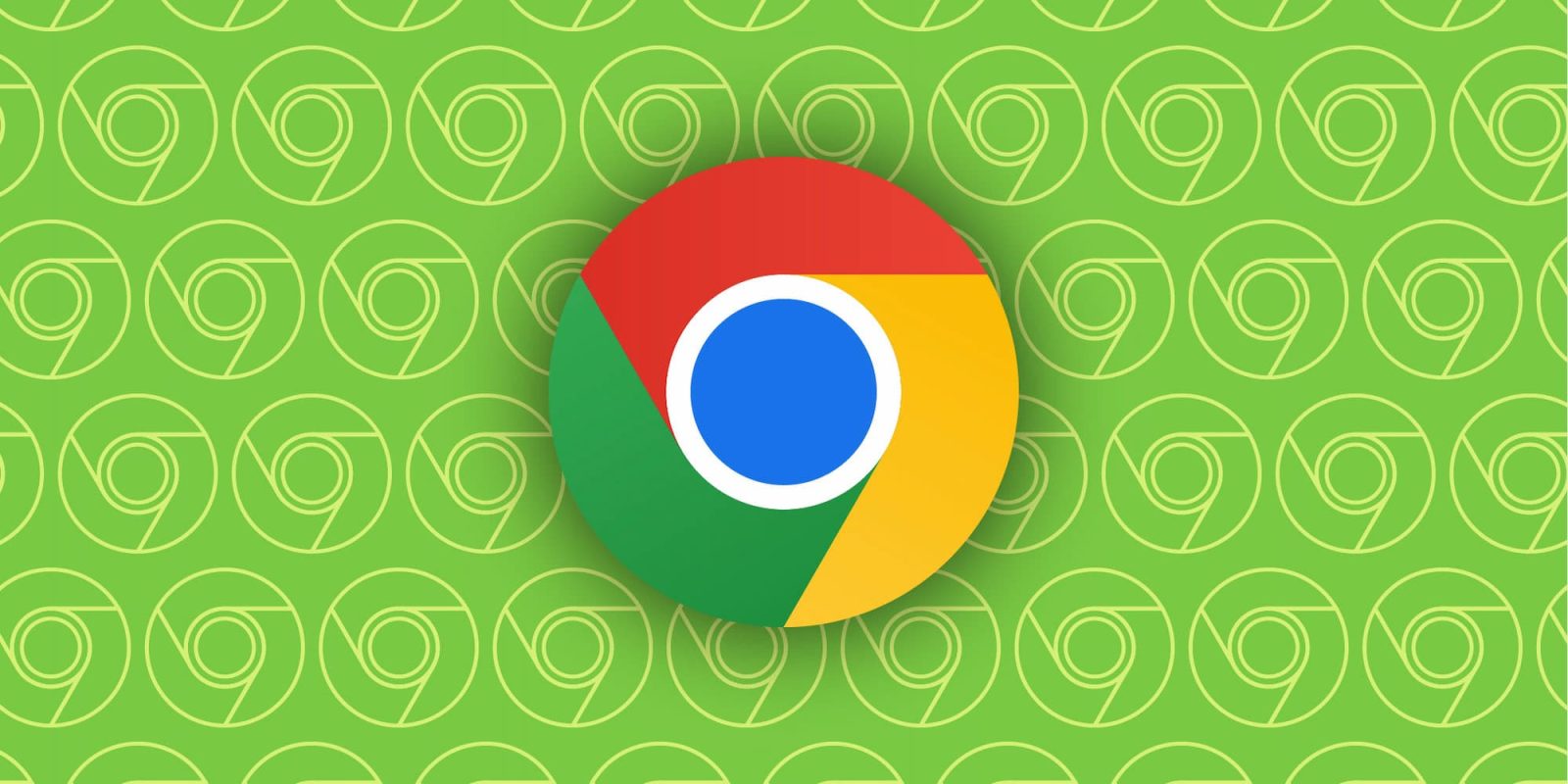
With Chrome 124 on Mac, Windows, and ChromeOS, Google has updated the address bar, or Omnibox, with ML models to offer better suggestions.
Previously, Chrome leveraged a “set of hand-built and hand-tuned formulas” that “were difficult to improve or to adapt to new scenarios.” For example, one signal is “time since last navigation”:
The expectation with this signal is that the smaller it is (the more recently you’ve navigated to a particular URL), the bigger the contribution that signal should make towards a higher relevance score.
Google says the scoring system responsible for showing/ranking URLs and suggested queries “went largely untouched for a long time.”
For most of that time, an ML-trained scoring model was the obvious path forward. But it took many false starts to finally get here. Our inability to tackle this challenge for so long was due to the difficulty of replacing the core mechanism of a feature used literally billions of times every day.
This new ML system should result in the Chrome address bar returning page suggestions that are “more precise and relevant to you.” It will allow Google to “collect fresher signals, re-train, evaluate, and deploy new models periodically over time.” One improvement the model made with time since last navigation was:
…when the time since navigation was very low (seconds instead of hours, days or weeks), the model was decreasing the relevance score. It turns out that the training data reflected a pattern where users sometimes navigate to a URL that was not what they really wanted and then immediately return to the Chrome omnibox and try again. In that case, the URL they just navigated to is almost certainly not what they want, so it should receive a low relevance score during this second attempt.
Looking ahead, Google is looking at incorporating new signals, “like differentiating between time of the day to improve relevance.”
The team is also exploring “training specialized versions of the model for particular environments.” This new approach is currently live on desktop, but future iterations could target mobile, enterprise, and education usage.
More on Chrome:
- Chrome’s deprecation of third-party cookies delayed again
- Citi adds support for Google Pay virtual cards on Chrome, Android
- Google Chrome removes side panel button in favor of pinning
- Chrome working to combat cookie theft with new web standard
FTC: We use income earning auto affiliate links. More.




Comments